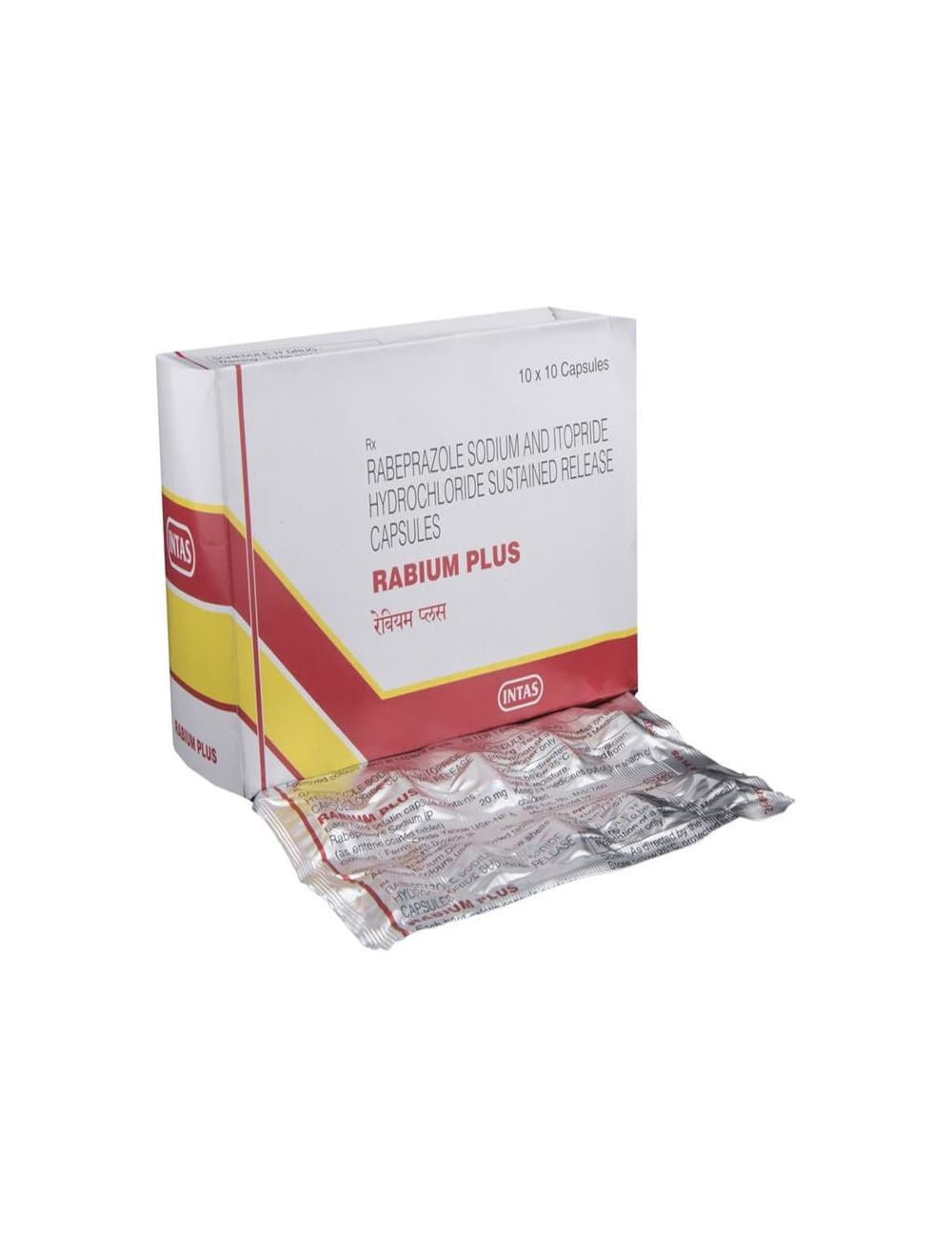clavix
Introduction to Clavix
Clavix is a widely used medication that plays a crucial role in the prevention of blood clots. It is primarily prescribed to individuals who are at risk of heart attacks or strokes due to its effective antiplatelet properties. By preventing platelets in the blood from clumping together, Clavix reduces the likelihood of clot formation, making it an essential component in cardiovascular health management. Clavix is available in tablet form, with a composition that focuses on delivering the active ingredient Clopidogrel efficiently to the body.
Composition of Clavix
The active ingredient in Clavix is Clopidogrel, present in a 300mg dosage. Clopidogrel is a thienopyridine class antiplatelet agent that works by inhibiting the P2Y12 component of ADP receptors on the platelet surface. This inhibition prevents the activation of the GPIIb/IIIa receptor complex, thereby reducing platelet aggregation. The effectiveness of Clopidogrel in Clavix is attributed to its ability to irreversibly bind to platelets, providing prolonged antiplatelet action that is crucial in preventing thrombotic cardiovascular events.
Uses for Clavix
- Prevention of heart attacks in patients with a history of myocardial infarction.
- Reduction of stroke risk in patients with a history of stroke or transient ischemic attacks.
- Management of acute coronary syndrome, including unstable angina and non-ST-elevation myocardial infarction.
- Prevention of clot formation in patients undergoing percutaneous coronary intervention.
Side Effects of Clavix
- Bleeding, including gastrointestinal bleeding and intracranial hemorrhage.
- Bruising easily or prolonged bleeding from cuts.
- Diarrhea or stomach pain.
- Rash or itching.
- Severe allergic reactions, though rare, such as difficulty breathing or swelling of the face.
Precautions of Clavix
Before taking Clavix, it is important to inform your healthcare provider of any allergies, especially to Clopidogrel or other antiplatelet drugs. Patients with a history of bleeding disorders, peptic ulcers, or liver disease should exercise caution. It is also crucial to inform your doctor of any other medications you are taking, as Clavix can interact with certain drugs, including NSAIDs, anticoagulants, and certain antidepressants. Pregnant or breastfeeding women should consult their healthcare provider before using Clavix.
Conclusion
Clavix, with its active ingredient Clopidogrel, is a vital medication in the prevention of blood clots, significantly reducing the risk of heart attacks and strokes. While it is an effective treatment, it is important to use Clavix under medical supervision to manage potential side effects and interactions. By understanding its uses, side effects, and precautions, patients can benefit from Clavix's protective effects on cardiovascular health.

More medicines by Intas Pharmaceuticals Ltd
Available in 3 variations

strip of 4 tablets

strip of 10 tablets

strip of 15 tablets
Disclaimer : This information is not a substitute for medical advice. Consult your healthcare provider before making any changes to your treatment . Do not ignore or delay professional medical advice based on anything you have seen or read on Medwiki.
clavix
Prescription Required
Manufacturer :
Intas Pharmaceuticals LtdComposition :
clopidogrel













.svg)
